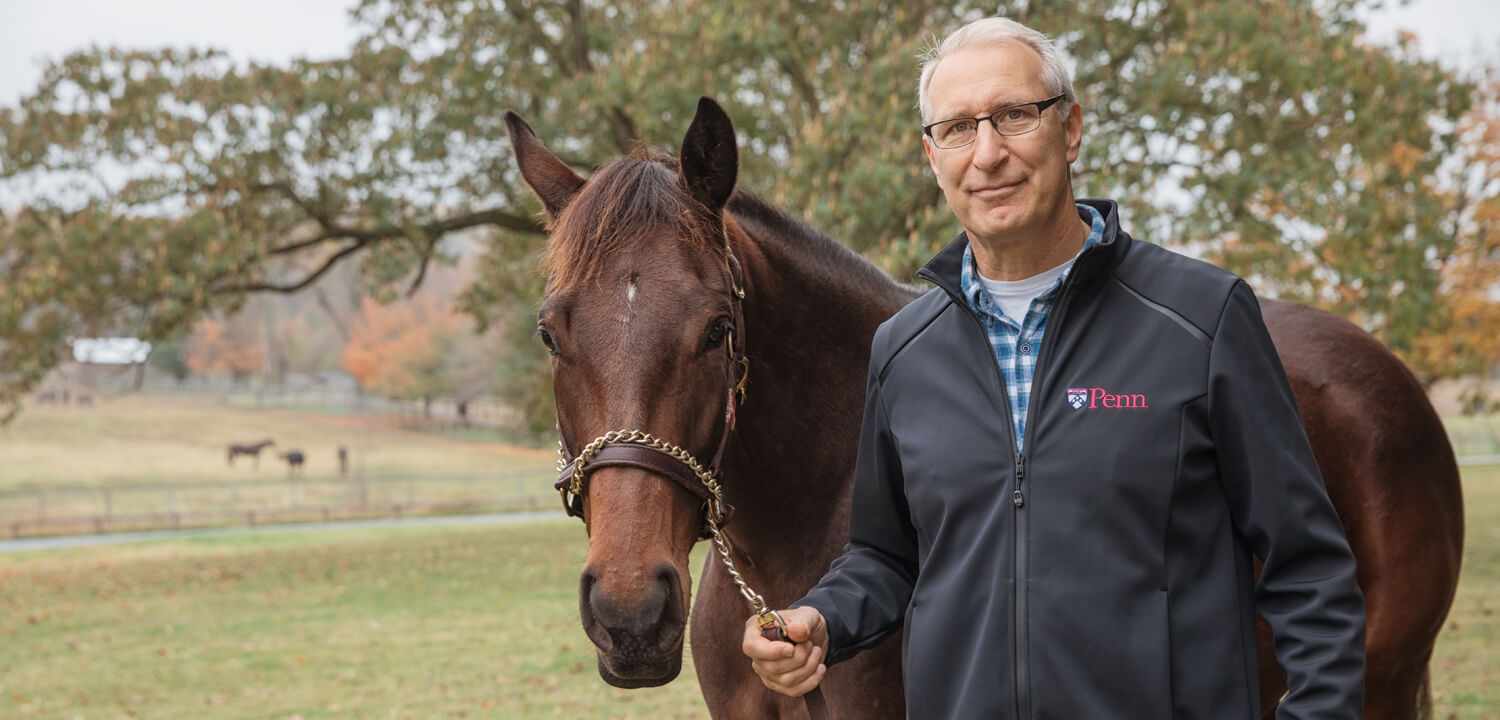
Dear Penn Vet Community,
Animals are vital to our survival. Take for example pollinators, which range from bees to hummingbirds, bats, geckos, and even marsupials! They are essential to flowering plant and crop reproduction. In the United States alone, pollinators contribute $24 billion to the economy — they are “essential workers” for the world’s vast array of ecological and agricultural systems. The well-being of insect and animal pollinators could not be more crucial than it is right now, given the threats of climate change and environmental degradation. But how do the veterinary profession and Penn Vet address these daunting problems?
For guidance, we can look to the United Nations Sustainable Development Goals (SDG) which provide a “shared blueprint for peace and prosperity for people and the planet, now and into the future” (https://sdgs.un.org/goals). As a school, we are well-positioned to contribute to these SDGs. In fact, Penn Vet is leaning solidly into one of our most sweeping tenets: to ensure global health and bolster sustainable agriculture.
One key contribution of veterinarians to sustainable agriculture is the advancement of husbandry practices that maximize reproductive health. Reproductive sciences continue to be an extraordinary strength here at Penn Vet. We have New Bolton Center’s Hofmann Center for Animal Reproduction and the Reference Andrology Lab; our pediatrics and medical genetics services at Ryan Hospital; our nationally renowned theriogenology residencies; and groundbreaking research on everything from human germline development to the cellular and molecular underpinnings of cancer.
In this issue, we feature the pioneering reproductive research of Jeremy Wang, which has unveiled fundamental mechanisms in meiosis and pregnancy, and introduce you to Katrin Hinrichs, Harry Werner Endowed Professor of Equine Medicine, who has advanced game-changing reproductive technologies in the horse. Their studies extend the long tradition at Penn Vet of research in reproduction and genetics pioneered by Ralph Brinster, Richard King Mellon Professor of Reproductive Physiology and National Medal of Science awardee, who discovered spermatogonial stem cells 50 years ago, and the core technologies of transgenics 40 years ago. Brinster’s work continues to fuel translation, including the first transplantations of a genetically engineered pig heart or kidneys into humans, in January 2022.
Clearly Penn Vet researchers and clinicians are problem solvers, changing the world one discovery, one treatment, at a time. We congratulate our pioneers in pediatrics, and in reproductive biology and genetics. We look forward as they unveil the mysteries of early-stage human and animal development, bolster fertility and pregnancy, and enable a multitude of unfathomable new applications. We are so grateful to the School’s alumni, Board of Advisors, and friends for their enduring support and enthusiasm; and we look forward to sharing this journey with you, starting with the collection of articles herein.
Andrew M. Hoffman, DVM, DVSc, DACVIM
The Gilbert S. Kahn Dean of Veterinary Medicine